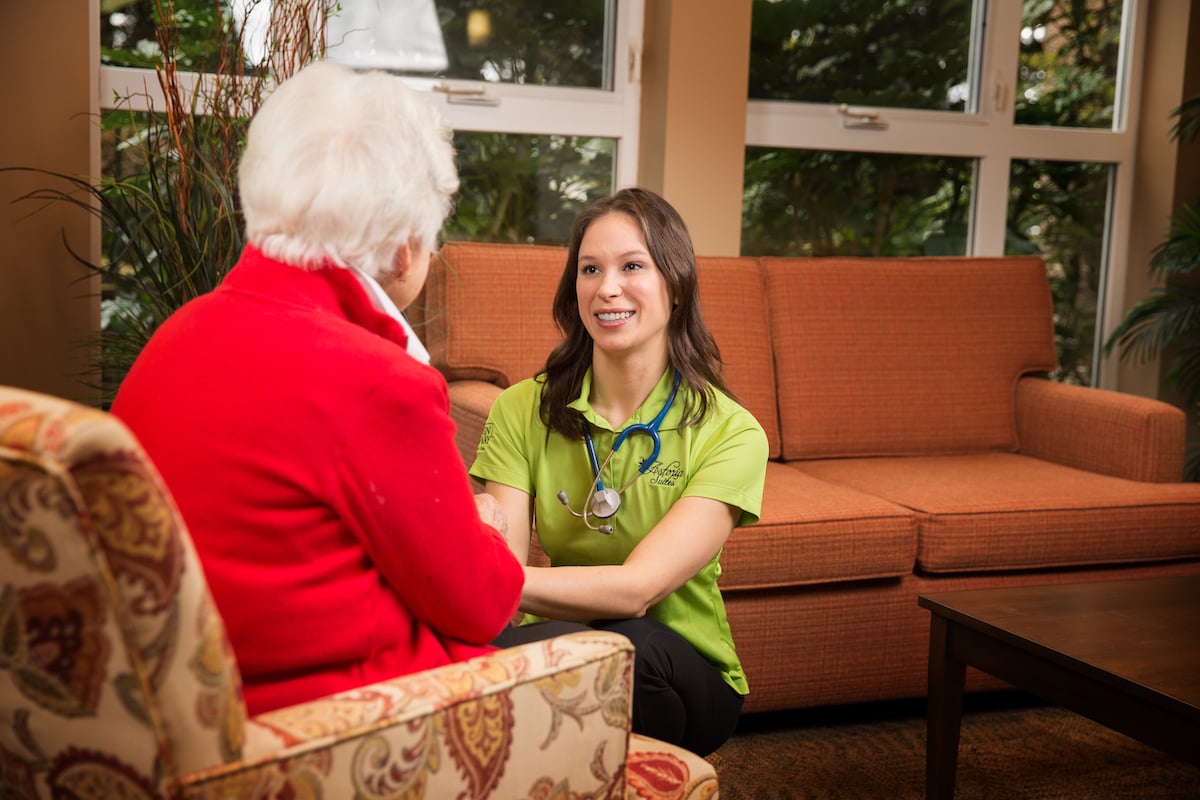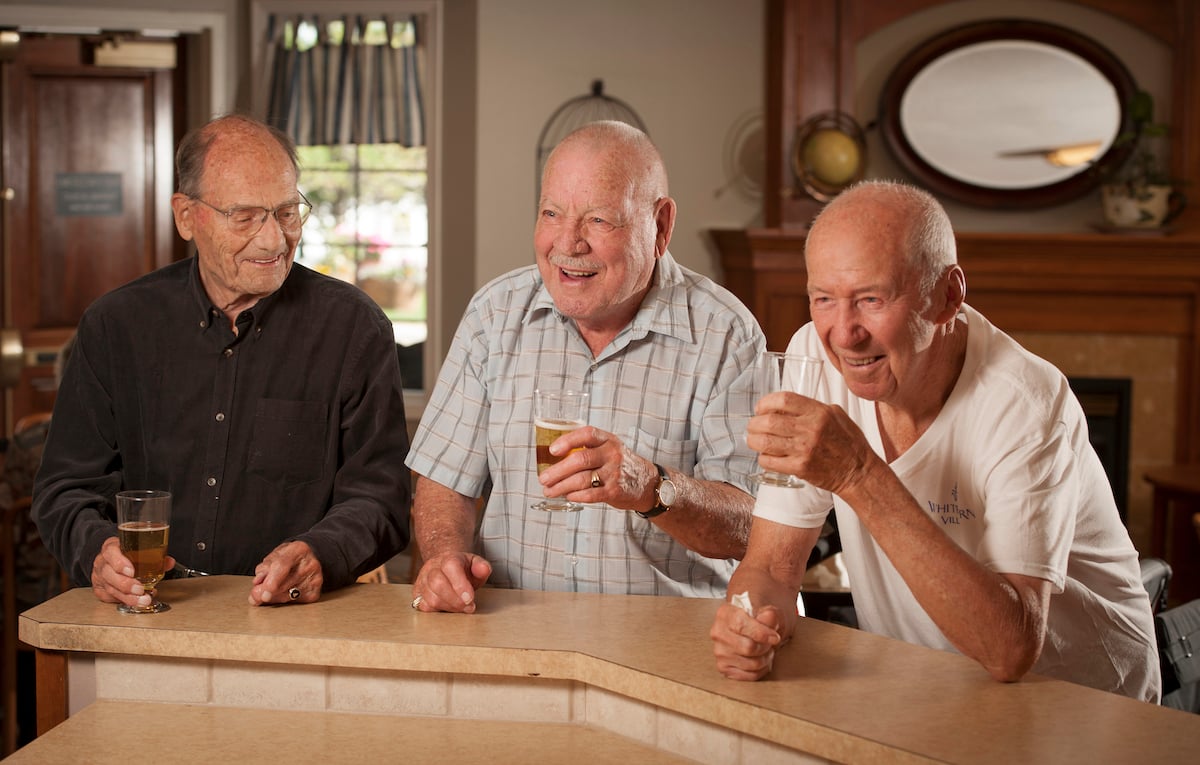
According to the Mental Health Commission of Canada (MHCC), “more than 1.8 million people over 60 years of age were living with a mental health problem or illness in Canada in 2016.” The term “mental disorder” can encompass a variety of conditions including anxiety disorders, and like a physical ailment, mental health problems can worsen without proper treatment.
Causes of Anxiety in Older Adults
The circumstances for developing an anxiety disorder vary by person. However, for older adults, anxiety is typically attributed to extreme stress, trauma, bereavement, and other mental disorders such as Alzheimer’s disease and dementia.
Types of Anxiety in Older Adults
Although the term “anxiety” is sometimes loosely used, when a senior receives an anxiety diagnosis, it may fall into one of the following categories:
- Acute Stress Disorder: Anxious and behavioural disturbance that develops within the first month after extreme trauma.
- Post-Traumatic Stress Disorder (PTSD): When symptoms of acute stress disorder persist for longer than one month.
- Social Anxiety: An unwarranted focus on how the senior feels he or she is perceived by others, often due to the negative stigma surrounding seniors and aging.
- Generalized Anxiety Disorder (GAD): A pattern of excessive and unprovoked worrying over simple occurrences and events.
- Obsessive-compulsive Disorder (OCD): A pattern of anxious thoughts normally only alleviated by action, such as repetitive movements or words.
Recognizing Anxiety in Older Adults
A reason anxiety is overlooked in seniors is that older adults may emphasize their physical complaints and conditions, and downplay emotional issues. Anxiety in older adults may include a variety of symptoms which can include, but are not limited to:
• Physical signs – Shallow breathing, trembling, sweating, nausea or an overall change in appetite, and difficulty sleeping. Older adults dealing with anxiety may refuse to do routine activities or become overly preoccupied with their routines, begin avoiding social situations or begin displaying habits of hoarding.
- Emotional signs – An excessive and unwarranted sense of worry, mood swings, or start to exhibit symptoms of depression. Self-medication may also be a sign of anxiety.

Resources for Anxiety in Older Adults
The MHCC states that it is “doing its part by leading a number of projects to help ensure older Canadians get the support they need to achieve and maintain their best possible mental health, and not experience the problem of stigma.” They have also created the Guidelines for Comprehensive Mental Health Services for Older Adults in Canada as a resource for policymakers and providers when planning, developing and implementing services towards mental health that better respond to the unique needs of older adults.
Origin Active Lifestyle Communities’ focus is caring for seniors, and we understand that supporting mental health initiatives is essential to maintaining wellness in other areas of life. We provide our community members with Life Enrichment programs to promote socialization, healthy habits, and an improved quality of life.
Visit our website today and experience the Origin Way for yourself!





